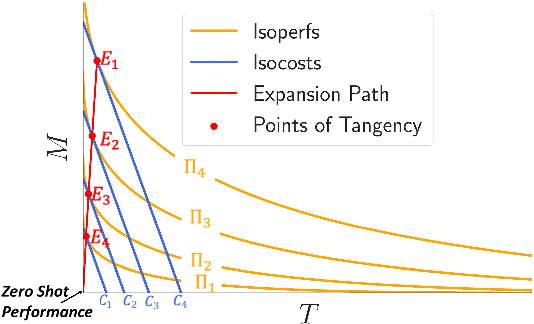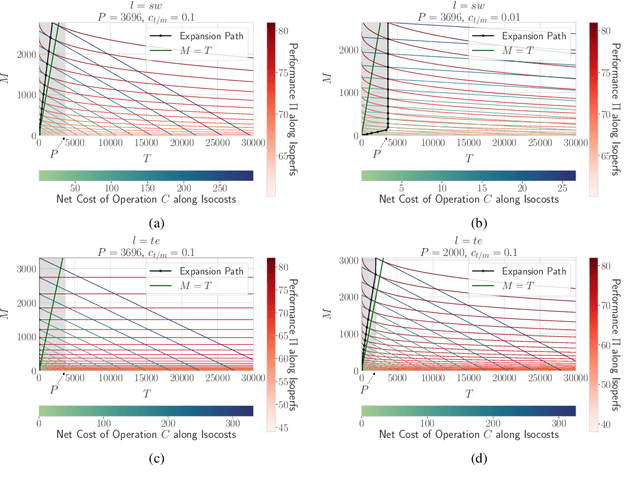On the Economics of Multilingual Few-shot Learning: Modeling the Cost-Performance Trade-offs of Machine Translated and Manual Data
Paper and Code
May 12, 2022



Borrowing ideas from {\em Production functions} in micro-economics, in this paper we introduce a framework to systematically evaluate the performance and cost trade-offs between machine-translated and manually-created labelled data for task-specific fine-tuning of massively multilingual language models. We illustrate the effectiveness of our framework through a case-study on the TyDIQA-GoldP dataset. One of the interesting conclusions of the study is that if the cost of machine translation is greater than zero, the optimal performance at least cost is always achieved with at least some or only manually-created data. To our knowledge, this is the first attempt towards extending the concept of production functions to study data collection strategies for training multilingual models, and can serve as a valuable tool for other similar cost vs data trade-offs in NLP.
 Add to Chrome
Add to Chrome Add to Firefox
Add to Firefox Add to Edge
Add to Edge